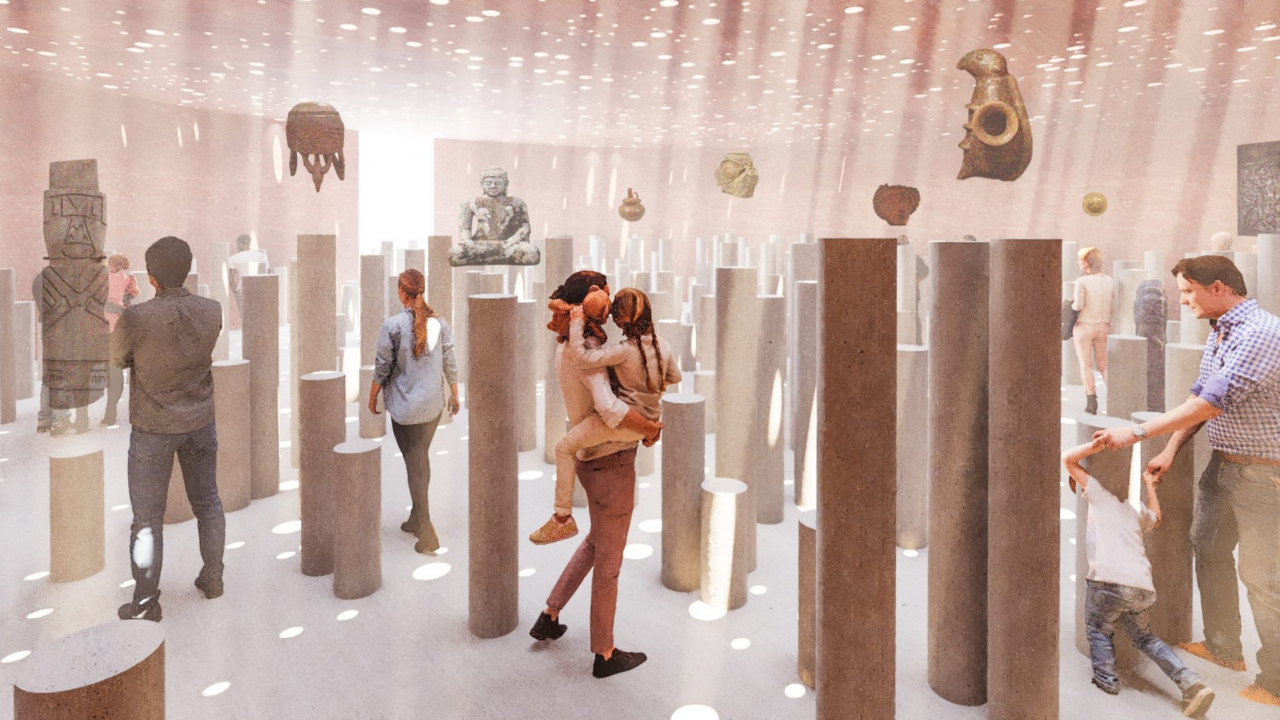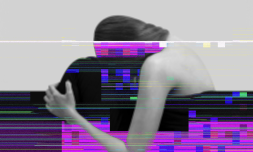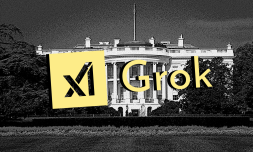The project aims to highlight Britain’s colonial history, and its ongoing impact on global communities.
The subject of imperialism has surrounded British museums since their inception, but the topic has gained particular momentum in recent years.
Discussions of cultural heritage and restitution have started to drive tangible changes in the museum sector. From curatorial amendments to projects with indigenous communities, institutions are constantly working to grapple with their own pasts.
But the latest museum to address these issues – perhaps in the most groundbreaking way to date – doesn’t exist. Last week UNESCO announced plans to create a virtual museum dedicated to stolen artefacts from across the globe.
The news has ignited fervent discussion about the ethical implications of such a project and the broader issue of repatriation of cultural heritage.
‘A virtual hall of shame’ is the title one social user has already given the project. It’s pretty apt, given the space aims to provide a comprehensive digital experience where visitors can learn about cultural artefacts, their removal from their countries of origin, and the contentious circumstances of said removal.
The idea is to raise awareness about the prevalence of stolen art and foster discussions on the importance of repatriation.
But public response to UNESCO’s announcement has been polarised. Advocates argue that the museum could serve as a powerful educational tool, shedding light on the stories too often-overlooked or concealed in the institutional circuit.
However, critics question the appropriateness of creating a digital showcase that, in their view, risks glorifying theft and exploitation. Some argue that the space could inadvertently perpetuate the notion that stolen artefacts are valuable simply because they are on display, potentially encouraging illicit trade and theft.
The latter argument is somewhat ironic, given this is the way museums have operated for years. Perhaps it is only when the contentious history of the artefacts in our museums is made obvious – artefacts that thousands of us in Britain enjoy the privilege of viewing on a daily basis – that we find them too uncomfortable to bear.




















